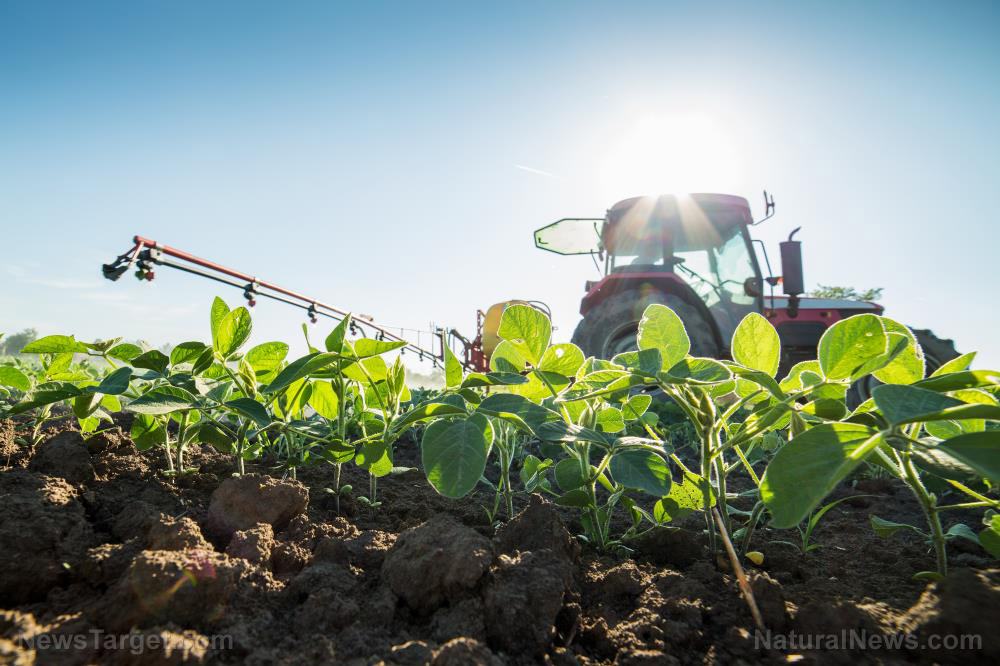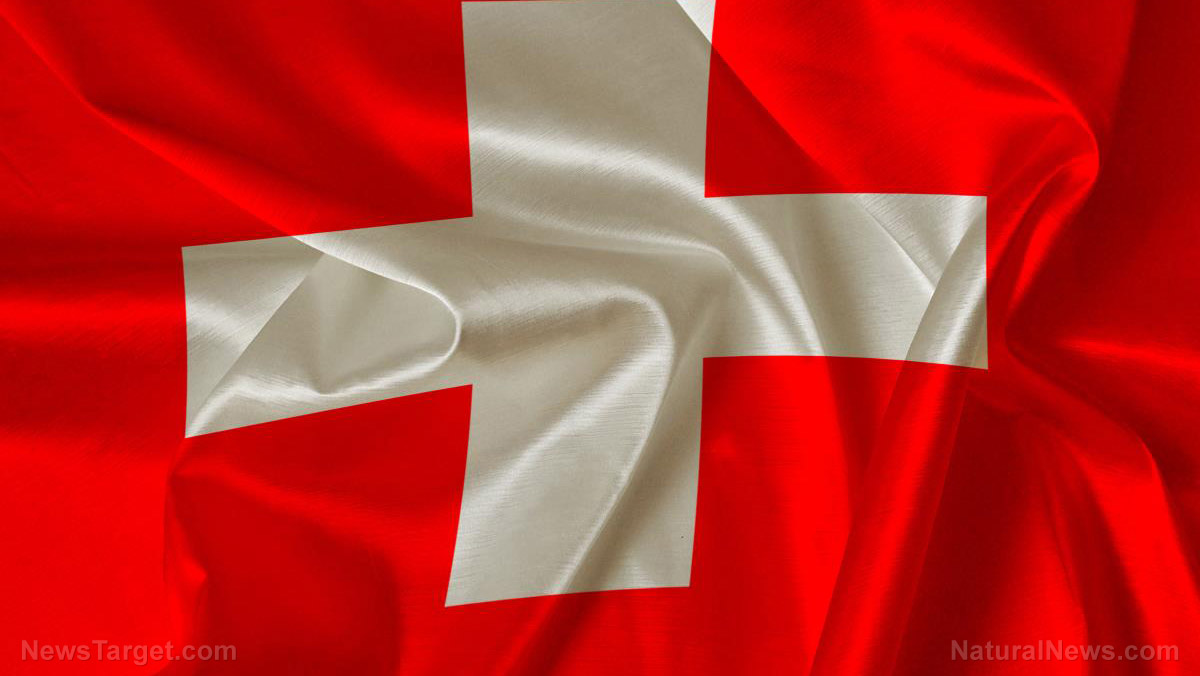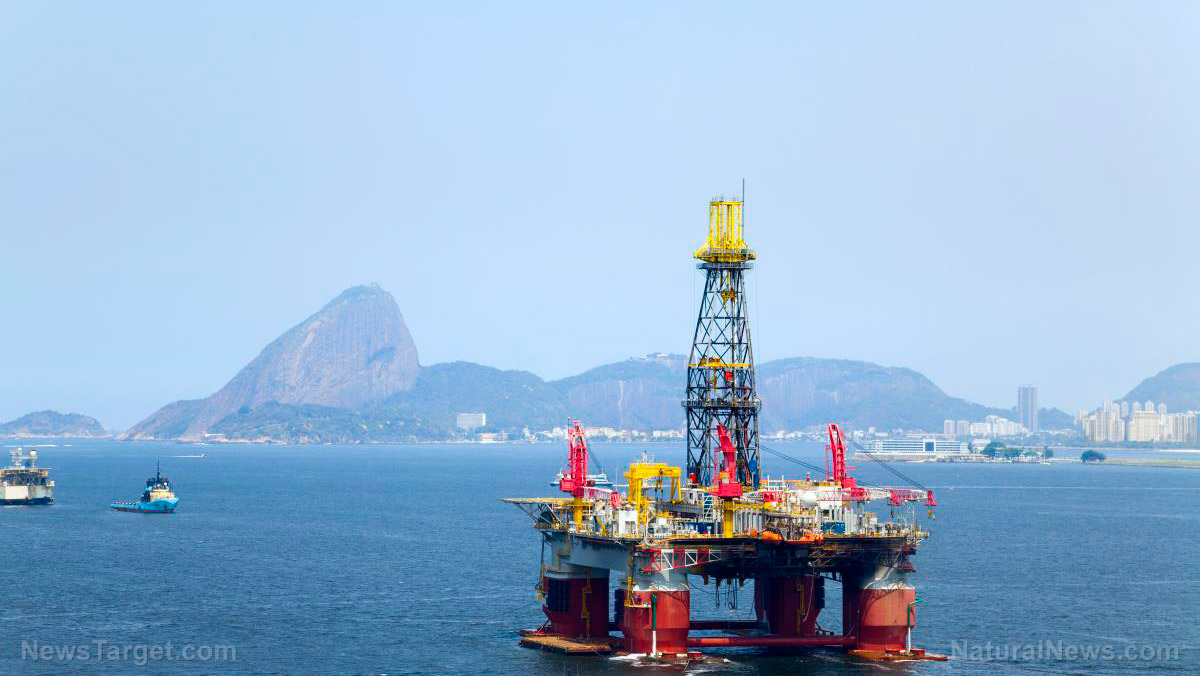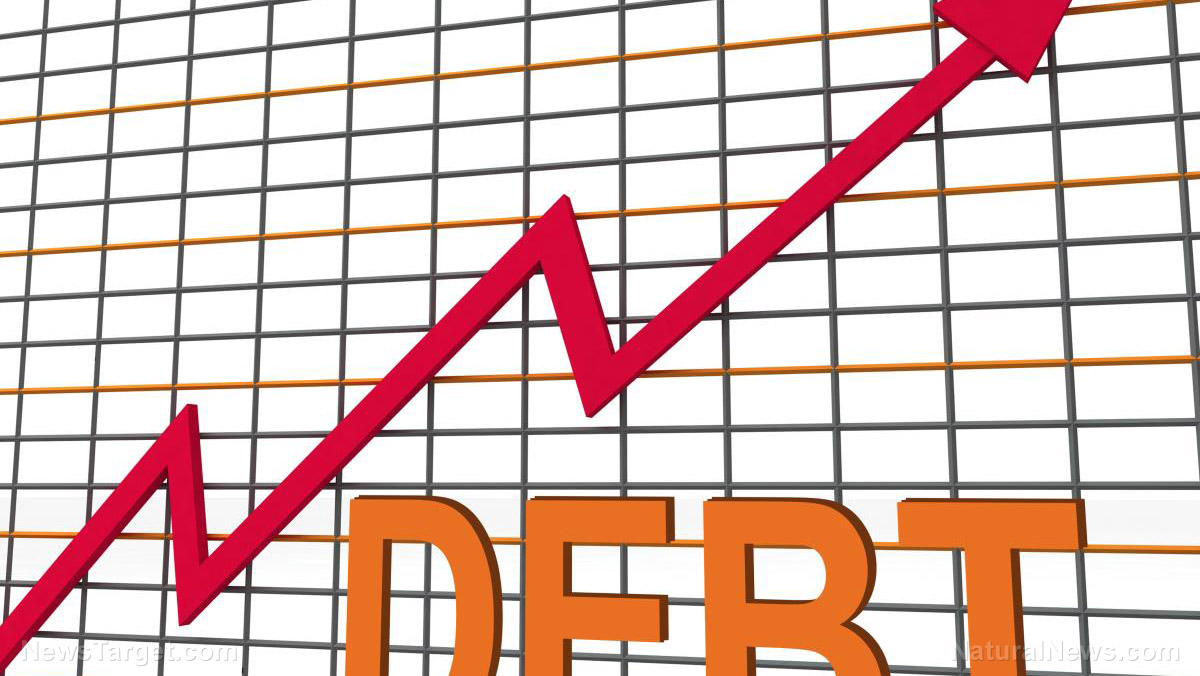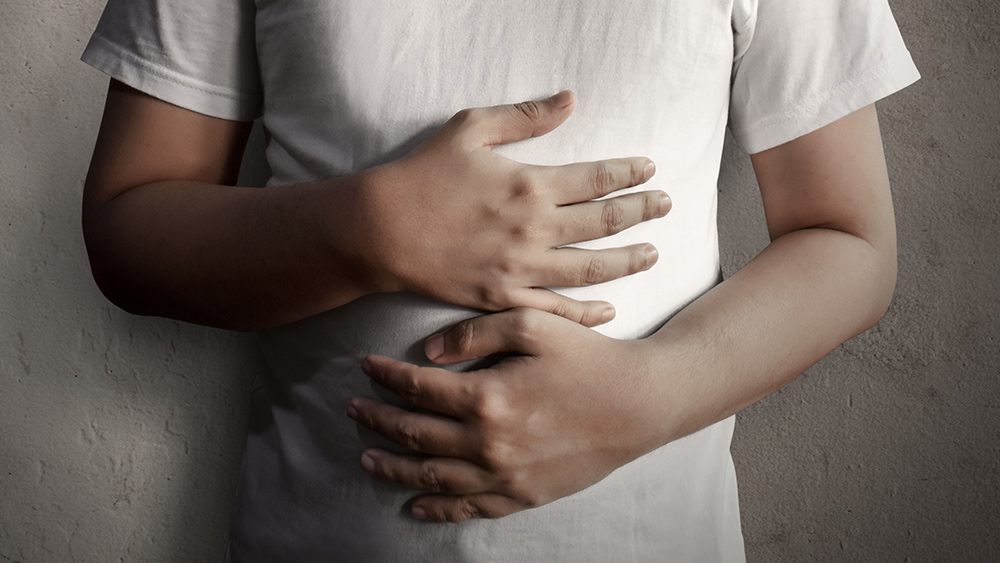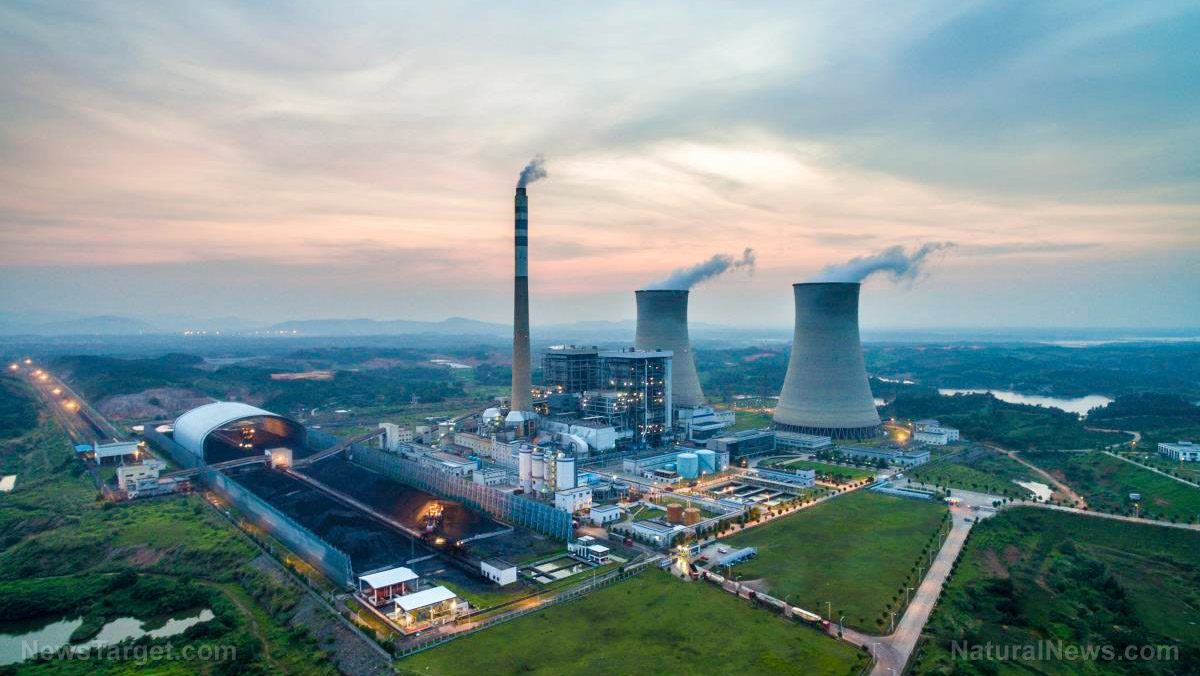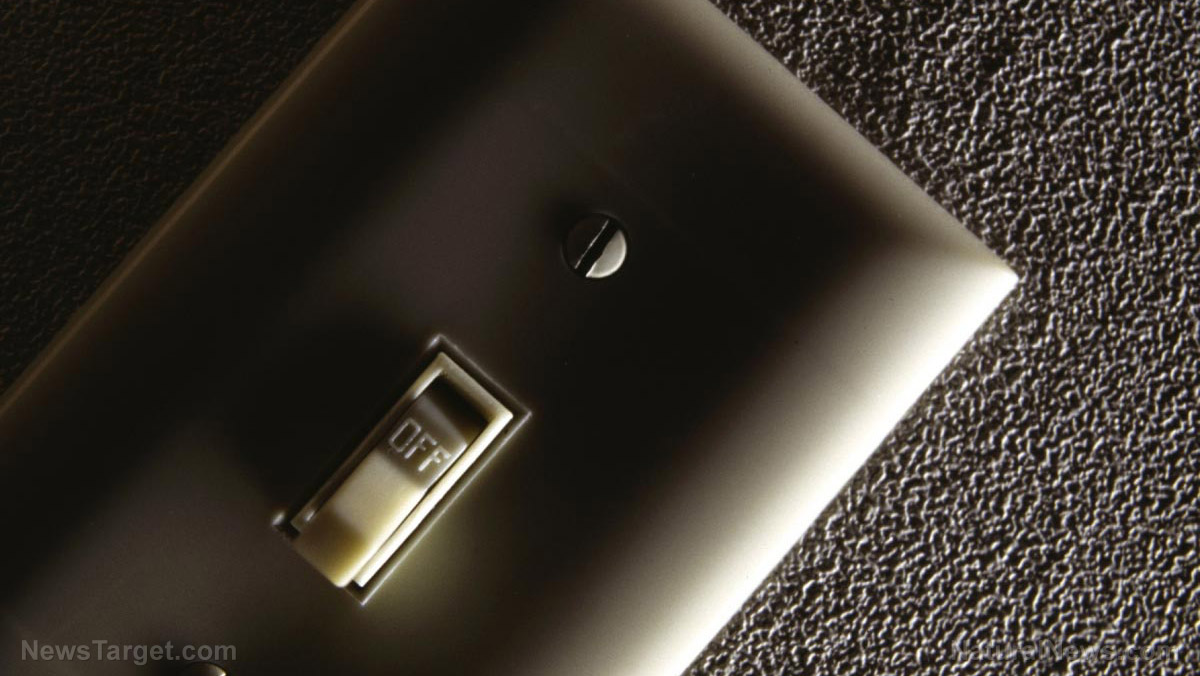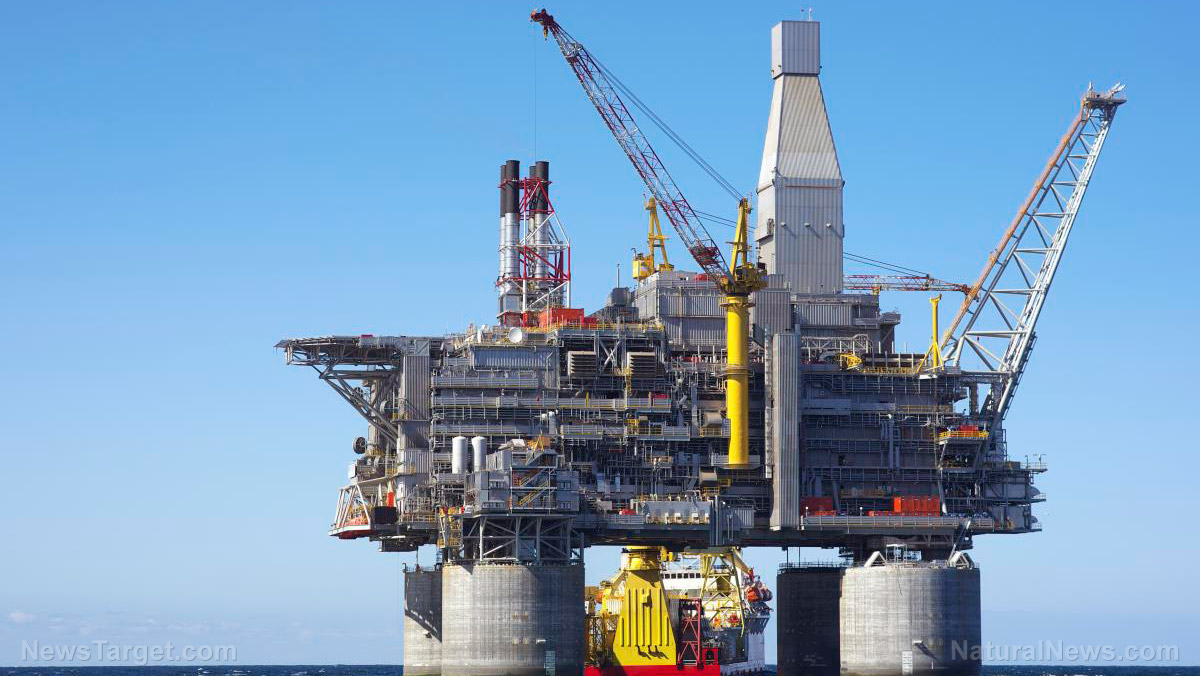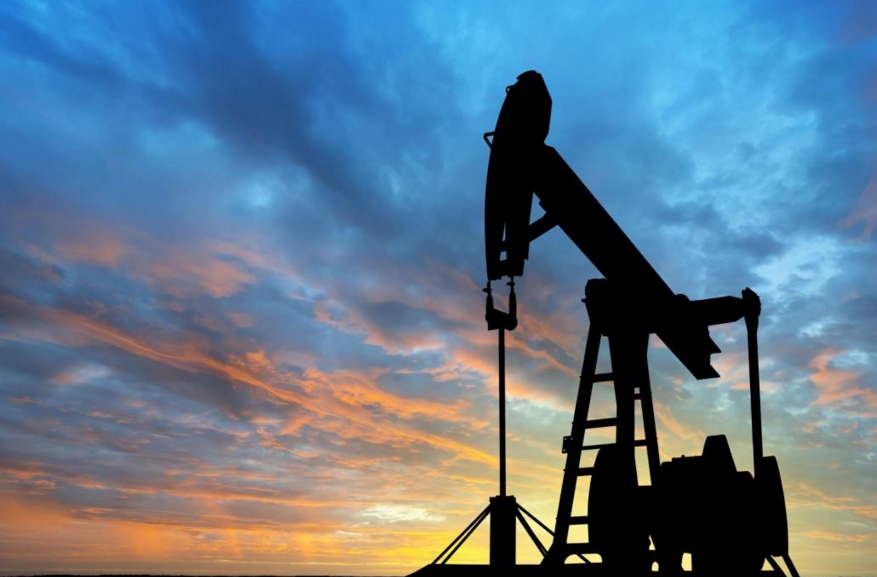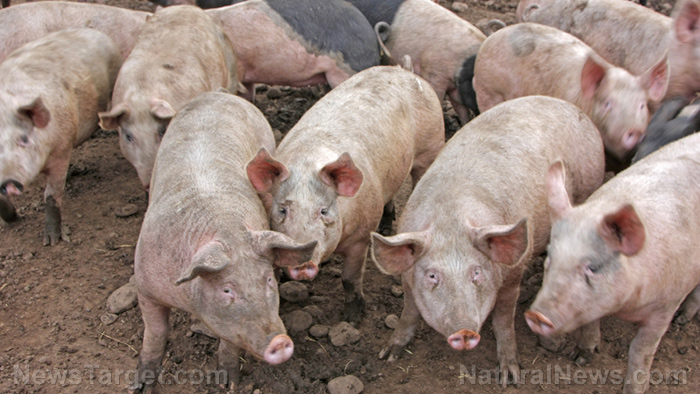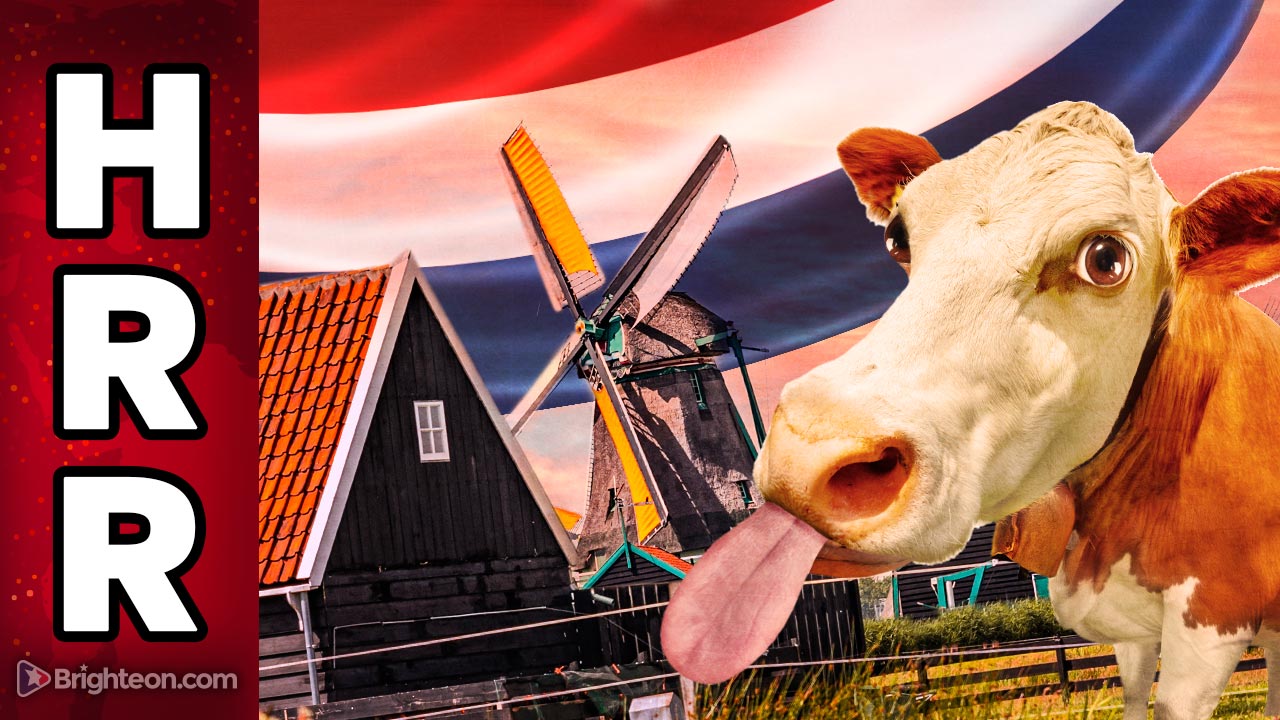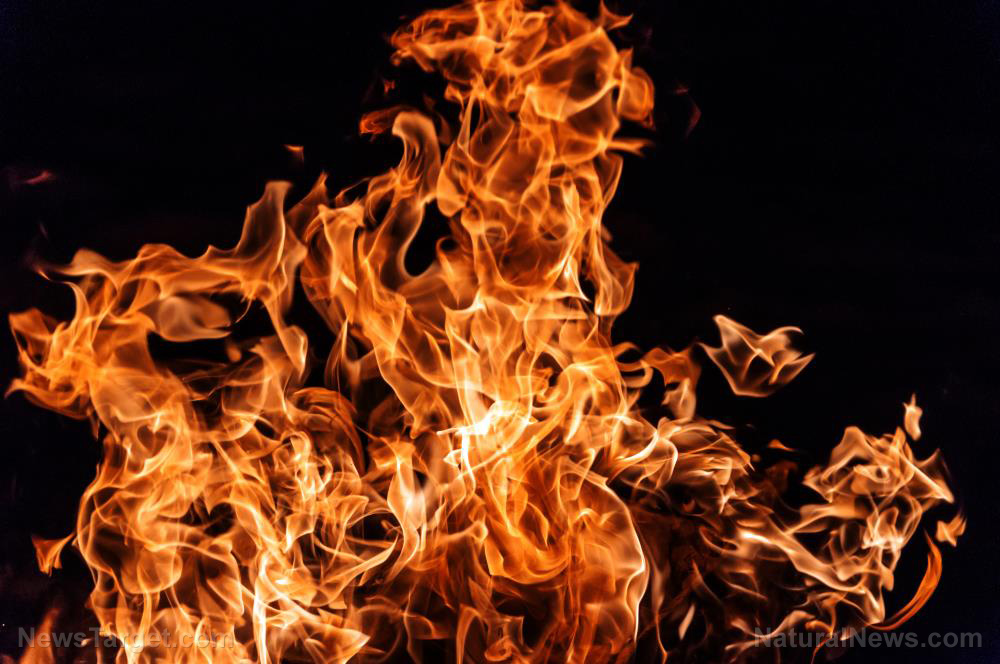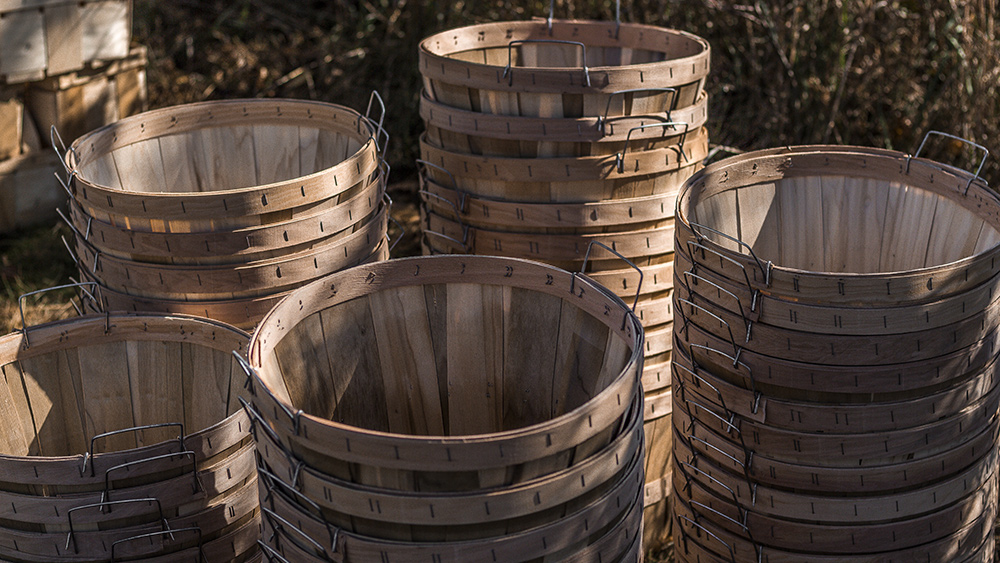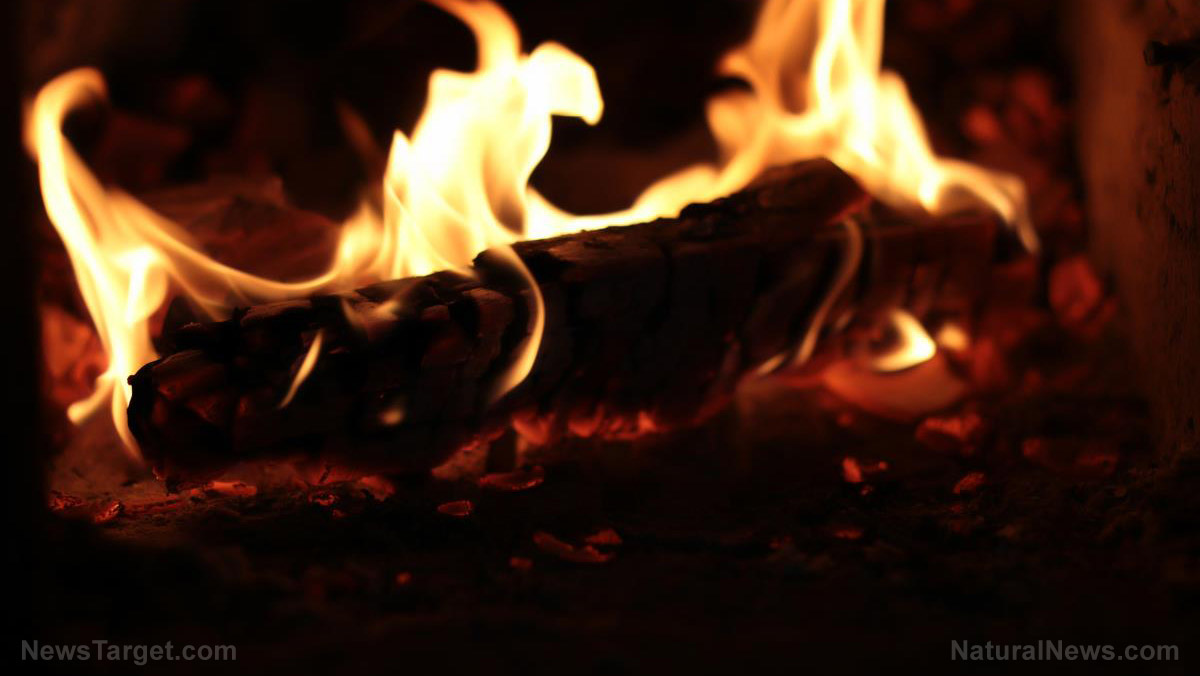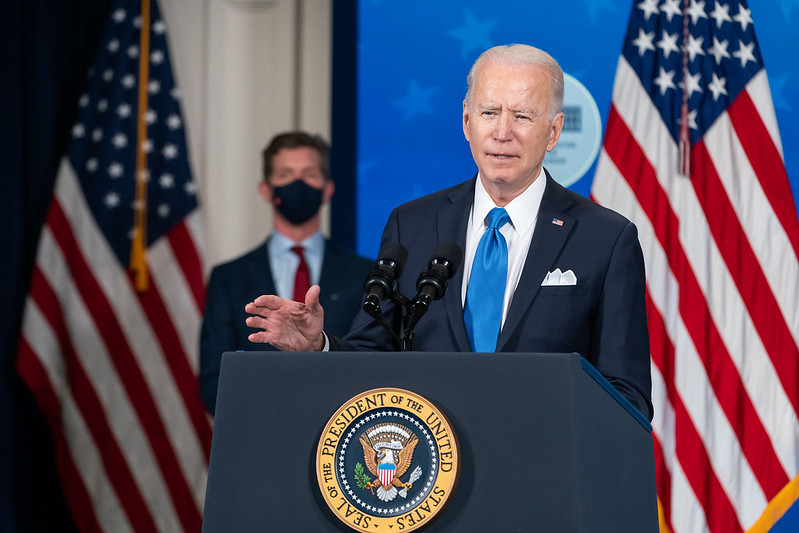Another win for Moscow: Russia to resume transport of goods to Kaliningrad after EU steps in
07/07/2022 / By Kevin Hughes

Russia will resume the transport of goods in Kaliningrad through Lithuania after the European Union (EU) intervened.
The group discarded the blockade, which meant that transport of goods between the Russian exclave and the mainland via Lithuania will continue. The EU made the decision before the North Atlantic Treaty Organization’s (NATO) 2022 Summit in the Spanish capital Madrid concluded. The announcement to drop the blockade was reportedly postponed until after U.S. President Joe Biden left in order for the bloc to save face.
The European Commission issued an order that will allow Moscow to resume sending goods to Kaliningrad through the Suwalki Gap. However, it clarified that sanctioned goods heading to the exclave could only be transported in amounts similar to pre-invasion deliveries. While the order mainly affected the situation in Kaliningrad, it also explicitly applied to all EU member states.
Lithuania, a NATO member, imposed a blockade of Russian goods passing by the Suwalki corridor on June 18. Vilnius justified its action by stating that it only carried out NATO sanctions against Russian goods. Moscow took offense at the blockade.
Russian Deputy Foreign Minister Alexander Grushko, meanwhile, confirmed that Moscow and Brussels are currently in talks to discuss the transit of goods to Kaliningrad. He said Russia is also working on a set of disciplinary measures that will be enforced if the issue is not acted upon, alongside a package of punitive countermeasures. (Related: Russia responds to Lithuania’s blockade of Kaliningrad with new threats of ‘action,’ worsening fears of World War III.)
“After all, we have a certain dialogue with the EU [and] we have conveyed our concerns [to the bloc]. I believe we have been able to explain to them that the decisions Lithuania has insisted on will result in serious costs not only for Lithuania, but also for the EU. According to public statements made by representatives of the European Commission, this signal has reached the addressee and it has become concerned over the problem,” the official said.
“I think that, to date, resources for a solution have not yet been exhausted, but a ball is on the side of the EU and Lithuania. However, I would like to emphasize once again that we are ready for any scenario.”
News reports earlier stated that following an agreement between Vilnius and Brussels, the transit of goods from Russia to Kaliningrad could resume in a few days. Officials of the bloc had also been negotiating the withdrawal of sanctions against the city. Russian news outlet Sputnik said the compromise could be reached in early July, citing a news agency.
German chancellor wants to avoid provoking Russia
Berlin had expressed disagreement toward Vilnius’ decision to restrict the transit of Kaliningrad-bound goods. It was deeply concerned that the blockade would lead to a scenario in which Russian forces would accompany trains to Kaliningrad, leading to more military conflicts.
German Chancellor Olaf Scholz has repeatedly emphasized the importance of avoiding needless provocations of Russia. He has often stressed that he would do everything in his power to guarantee that NATO does not become a part of the war going on between Russia and Ukraine.
To this end, Scholz said during the end of the 2022 NATO Summit in Madrid that the rules for the transit of goods “must, of course, be established in light of the fact that this is about shipments between two parts of Russia.”
His statement during the summit made it clear that Berlin has a different understanding of the legal situation Vilnius is involved in. German soldiers are currently posted in Lithuania and could become embroiled in a probable conflict.
In response to the sanctions on cargo headed for Kaliningrad, Russia lodged a protest against EU Ambassador to Russia Markus Ederer. The diplomat was also called to the Russian Ministry of Foreign Affairs (MFA) in relation to Lithuania’s blockade.
“The EU representative was strongly protested in connection with the extension of unilateral anti-Russian restrictions to cargo transit between the Kaliningrad region and the rest of the Russian territory. It was indicated that such actions that violate the relevant legal and political obligations of the European Union and lead to an escalation of tension are inadmissible,” the MFA said in a statement.
Watch the video below to know why Germany seeks to ease standoff over Lithuania’s blockade of Russian goods going to Kaliningrad.
More related stories:
NATO pushing for Kaliningrad CATASTROPHE by provoking Russia into global nuclear war.
Sources include:
Submit a correction >>
Tagged Under:
big government, blockade, chaos, European Union, Germany, Kaliningrad, Lithuania, national security, NATO, Olaf Scholz, politics, Russia, Russia-Ukraine war, sanctioned goods, Suwalki Gap, World War III, WWIII
This article may contain statements that reflect the opinion of the author
RECENT NEWS & ARTICLES
COPYRIGHT © 2022 Scarcity.news
All content posted on this site is protected under Free Speech. Scarcity.news is not responsible for content written by contributing authors. The information on this site is provided for educational and entertainment purposes only. It is not intended as a substitute for professional advice of any kind. Scarcity.news assumes no responsibility for the use or misuse of this material. All trademarks, registered trademarks and service marks mentioned on this site are the property of their respective owners.



